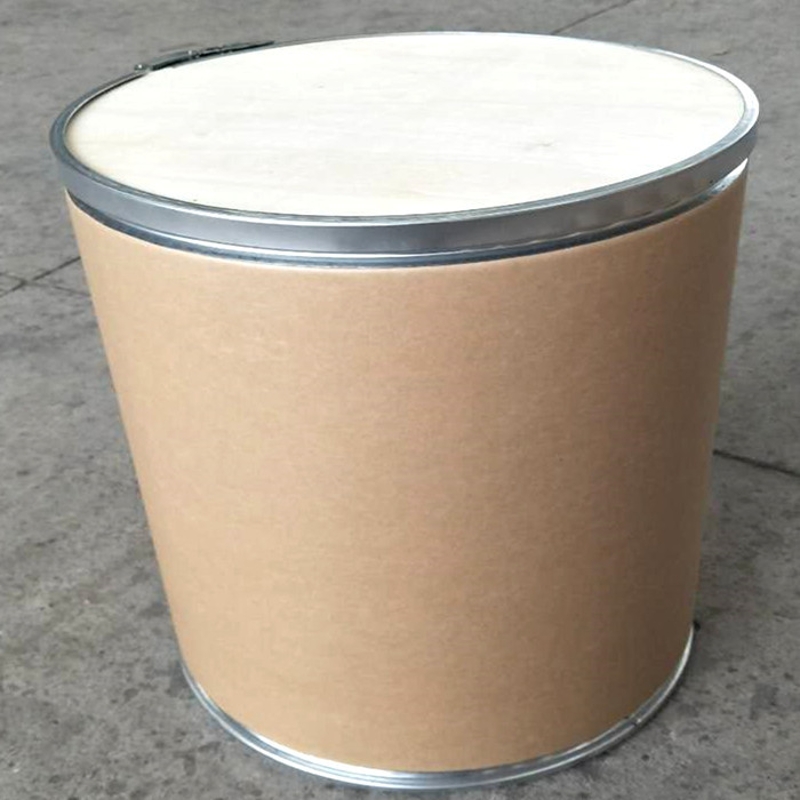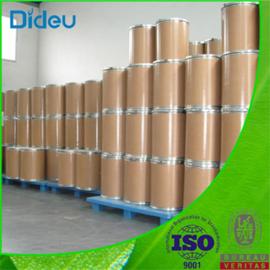-
Categories
-
Pharmaceutical Intermediates
-
Active Pharmaceutical Ingredients
-
Food Additives
- Industrial Coatings
- Agrochemicals
- Dyes and Pigments
- Surfactant
- Flavors and Fragrances
- Chemical Reagents
- Catalyst and Auxiliary
- Natural Products
- Inorganic Chemistry
-
Organic Chemistry
-
Biochemical Engineering
- Analytical Chemistry
- Cosmetic Ingredient
-
Pharmaceutical Intermediates
Promotion
ECHEMI Mall
Wholesale
Weekly Price
Exhibition
News
-
Trade Service
At present, after adding complementary foods to infants and young children, many parents think that coarse grains are healthier and will make their children eat more coarse grains
as themselves.
Can infants and young children choose whole grains when adding complementary foods? Is it better to consume more whole grains?
The "Dietary Guidelines for Chinese Residents (2022)" recommends that the daily intake of whole grains and mixed beans is 50-150 grams, accounting for 1/4-1/3 of the cereals, and emphasizes that whole grains and mixed beans can be
eaten once a day.
Therefore, some parents think that "it is good to eat whole grains, you can give them to your baby every day"
.
However, it should be noted that this recommendation applies in principle to children over 2 years of age and adults
.
Wang Zhibo, chairman of the Maternal and Child Nutrition Branch of the Chinese Nutrition Society, suggested that infants and young children before the age of 2 do not need to deliberately give too much coarse grain
.
Although the diet now pays attention to eating more whole grains, it is only for adults or the elderly, the purpose is to ensure the intake of dietary fiber and ensure the smooth flow
of the intestines.
After adding complementary foods, it is initially recommended to eat finer cereals, not necessarily with a lot of whole grains
.
After the chewing ability of infants and young children is perfected, cereals
can be added appropriately.
In addition, some people equate whole grains with whole grains, in fact, whole grains are different from
whole grains.
Whole grains refer to grains that have not been finely processed or although milled, crushed, tableted, etc.
, still retain the endosperm, germ, bran and natural nutrients of the whole grain, mainly including oats, buckwheat, corn, millet, brown rice, sorghum, corn, corn, etc.
, and coarse grains are one of
the traditional staple foods in China.
Coarse grains (coarse grains) are relatively fine grains, mainly including: cereals, such as corn, millet, purple rice, oats, buckwheat, etc.
; miscellaneous legumes, such as mung beans, red beans, broad beans, peas, etc.
; Tubers such as sweet potatoes, yams, potatoes, etc
.
Most whole grains are whole grains because they are not over-processed and retain the original nutritional value
of the grain.
However, some coarse grains are removed from germ and seed coat (such as corn chips) during processing, and cannot be called whole grains
.
While whole grains are good for health, more is not better
.
Li Ling, chairman of the Maternal and Child Nutrition Branch of Shandong Nutrition Society, introduced that babies can consume a certain amount of whole grains after 8 months, but not the more the better, and the intake of whole grains should be reasonable, generally accounting for 1/4-1/5
of the total grains.
After the age of 1, you can try to add some whole wheat steamed buns or bread to your baby (whole wheat can account for 1/4-1/2), rice porridge, millet porridge, oatmeal porridge or badly cooked eight-treasure porridge, and multigrain rice can wait for the baby to be 2 years old to try
.
Infants and young children are not recommended to eat whole grains
too early.
Gong Kuijie, head of the grain nutrition and quality safety innovation team of the Shandong Academy of Agricultural Sciences, said that the gastrointestinal tract of infants and young children is weak, the dietary fiber in coarse grains is too coarse, and too much consumption is easy to cause damage, especially the structure of the intestinal flora of infants and young children is inherited from the mother, and there is no need to change
.
More dietary fiber in whole grains will increase gastrointestinal peristalsis, and children with indigestion and diarrhea should be properly controlled
.
Li Ling believes that for infants and young children, coarse grains can provide fewer calories and a strong sense of satiety, and eating more may affect the total calorie intake and affect the baby's weight and height growth
.
Especially for children who are already malnourished, it is not recommended to consume too much whole grain
in order to achieve the purpose of catching up with weight.
In addition, children need a certain amount of calcium, iron, zinc and other micronutrients in the process of growth and development, and the phytic acid and tannic acid contained in coarse grains may affect the absorption of these micronutrients and are not conducive to the growth
of infants and young children.
Industry experts remind that parents must know what nutrition
their children need to supplement at what stage.
Adults eat whole grains to keep their body functions healthy; When children are particularly vigorous in their development, their body is important and long, especially when they first add complementary foods, they should choose fine grains
.
Diet is about comprehensive, balanced and diversified, and any nutrient plays a comprehensive role
with a variety of nutrients.
For infants and young children with rapid growth and development, we must master the goodness, appropriately increase the proportion of coarse grains, vegetables and fruits, and ensure the intake of high-quality protein, carbohydrates, vitamins and minerals, which is beneficial to the growth and development
of infants and young children.
(Editor Li Chuang)







